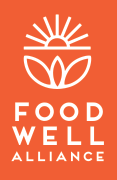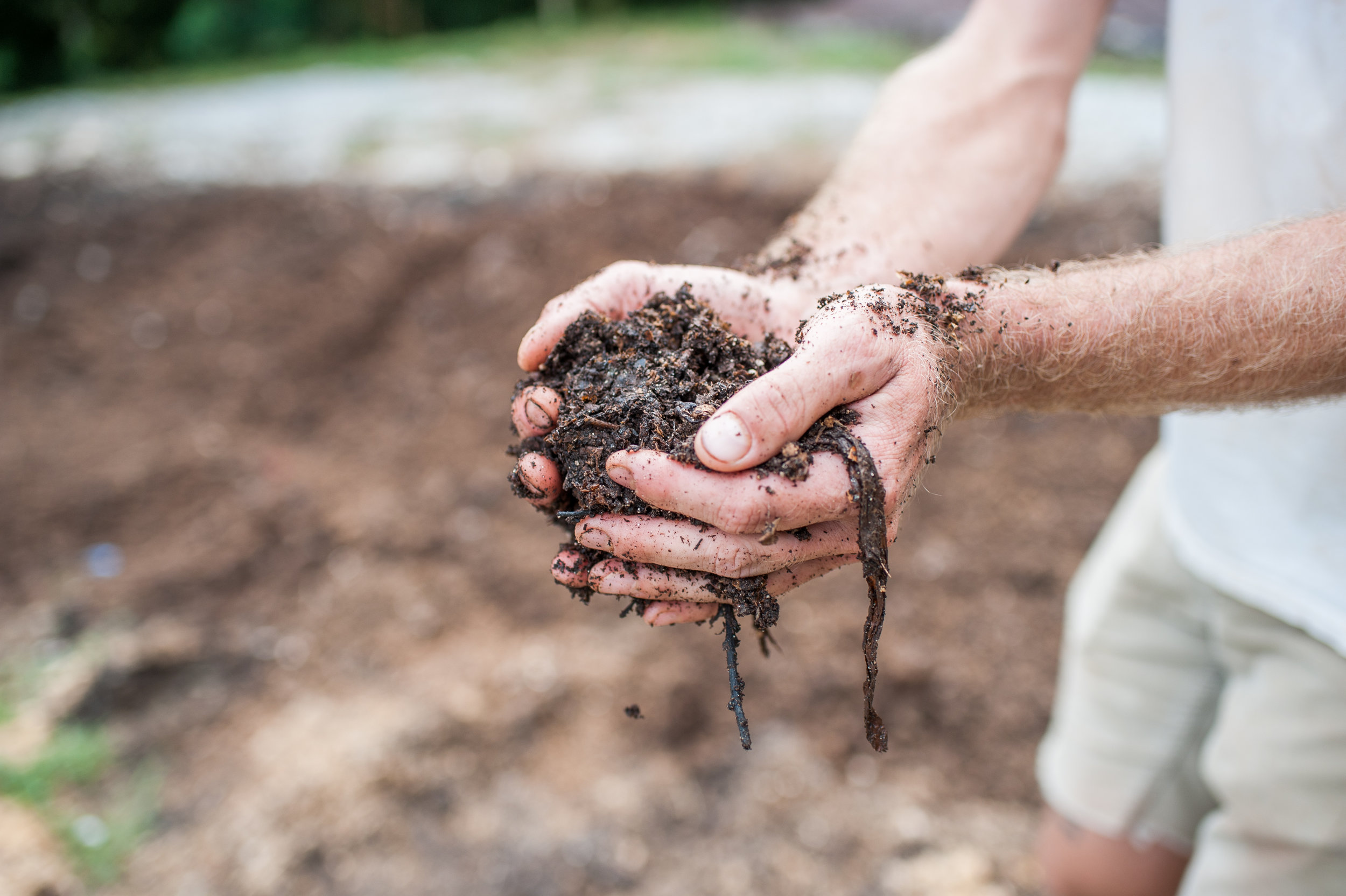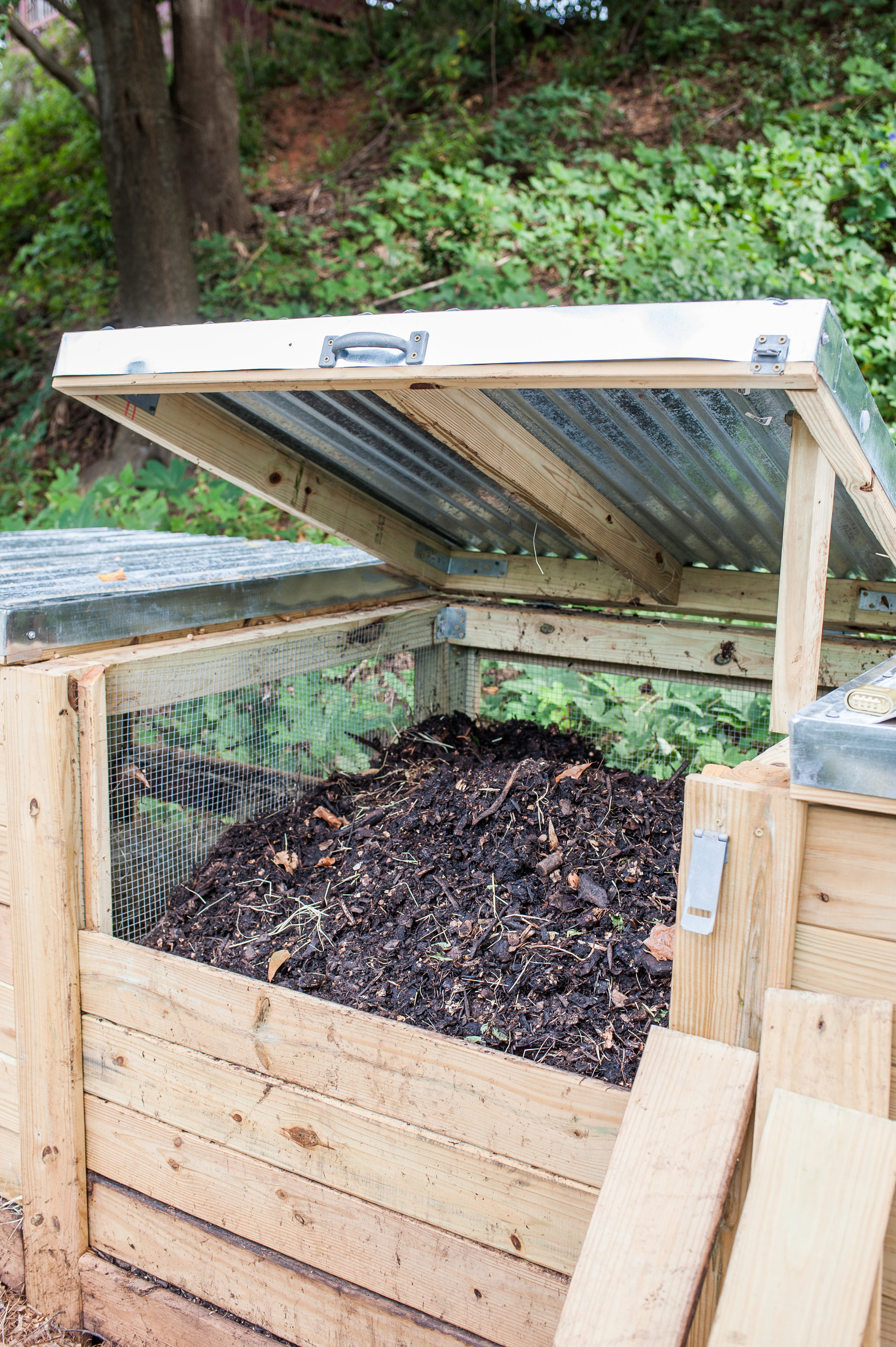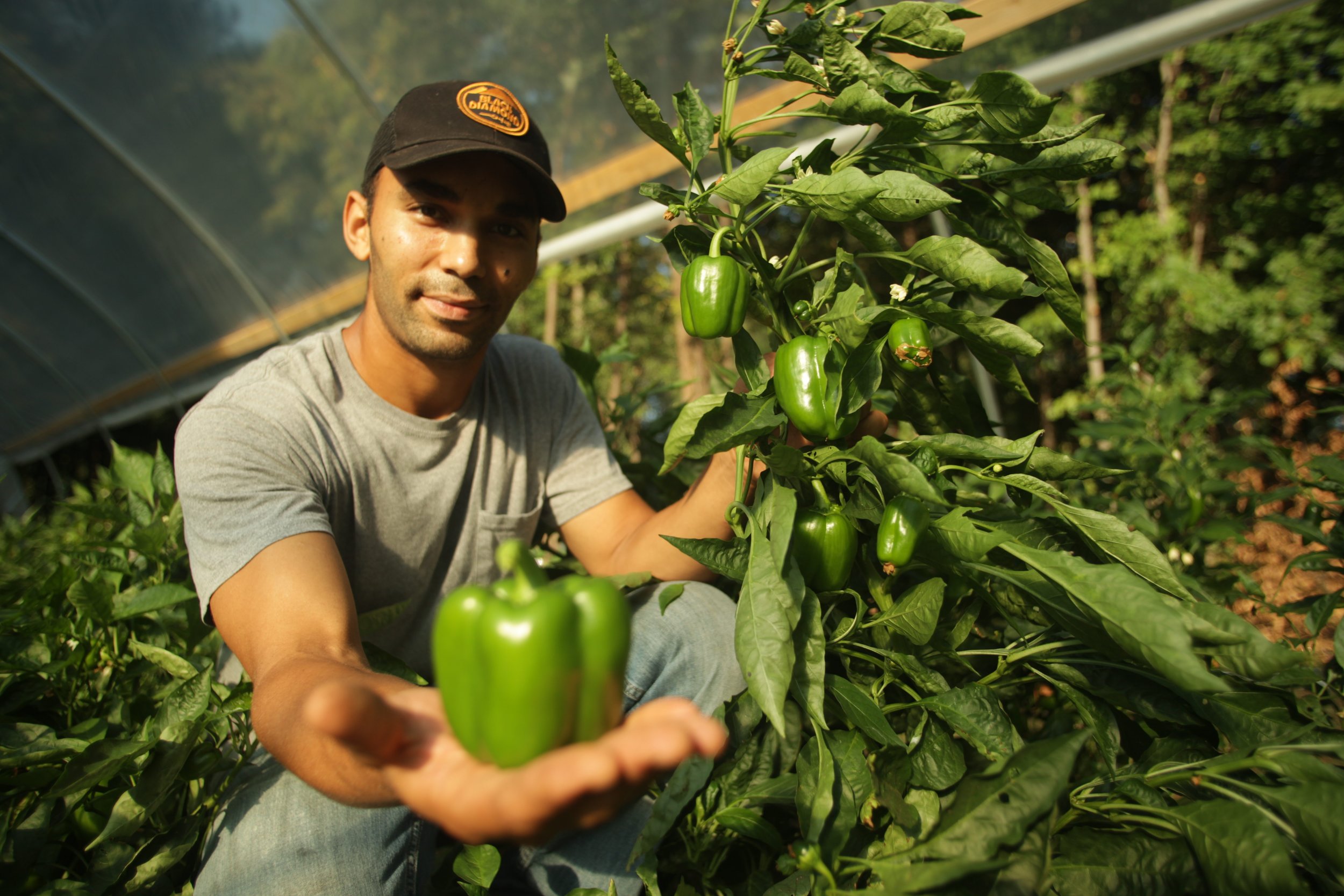Thank you for your interest in the Compost Design Table.
The submission window has now closed.
Do you believe in a more sustainable Atlanta? Do you want to transform our city’s food system? Do you want to be a part of an elite team that designs a cutting edge solution that diverts food waste from our city’s landfills into healthy soil for local gardens and farms?
Food Well Alliance is now seeking applications from our city’s most impact-driven leaders who are willing to collaborate and work with their intellectually-curious, process-driven peers to solve tough local food system challenges. As a Compost Design Table Fellow, you will participate in a team that will design and implement a pilot project to test a solution that will lead to the long-term goal of increasing community-based composting at farms and gardens across Metro Atlanta.
Compost Design Table Framework
THE LOCAL FOOD SYSTEM CHALLENGE
Urban gardens and farms who receive food scraps from nearby restaurants for their onsite composting are faced with high levels of contamination, ie certain non-compostable food items and paper products that are not conducive to healthy compost production, compromising the quality of their soil for growing food.
THE ASSUMPTION
As one of the largest producers of organic food waste (also known as feedstock), restaurant owners and staff do not have adequate knowledge, time, economic incentives, and/or efficient systems to properly sort kitchen food scraps destined for urban growers.
THE DESIGN TABLE QUESTION
What partners, technologies, training, and/or systems are required to help local full-service restaurants demonstrably reduce contamination of food scraps, and will encourage expanded collection and distribution to neighborhood gardens and farms for compost production?
THE OUTCOME
Adoption of best management practices in full-service restaurants that decrease food waste contamination and a collaborative partnership that increases quantity and collection of food waste material for community-based compost production on nearby gardens and farms.
THE IMPACT
Increased compost production at community gardens and urban farms will result in higher quality soil, which leads to greater environmental stewardship and more
sustainably-grown, healthier local food for our city.
Timeline And Budget
The Design Table will start in July 2017 and will last up to 10 months. The Design Table process will include engaging, facilitated design sessions that will help the team of Fellows develop a pilot project to test a creative solution.
Fellows will be compensated for the Orientation and Design Phases (3 months) with a fellowship stipend of $3,000 per organization. Once the Design Phase is complete, Fellows will pitch their 3-6 month pilot project to Food Well Alliance to qualify for funding for implementation. Research and funding to support the pilot will be provided by Food Well Alliance
During implementation, Food Well Alliance will support the team with a dedicated Project Manager, who will track progress, track critical milestones, and prepare the team to present findings.
Food Well Alliance is seeking the following from 3 qualified Design Table Fellows:
Willingness to leverage organizational assets and intellectual capital
Ability to validate the problem and needs of key stakeholders with supportive evidence, research, and data
A proposed solution that will be tested with local restaurant staff to help improve efficiency of food scrap sorting in kitchens and reduce compost contamination
Ability to identify 1-3 local restaurants (with a propensity to support local food or that currently participate in food waste recovery) to validate problem and test solution in proximity to at least 1 corresponding growing site (i.e. urban farm, community garden, school garden) identified to receive food scraps for onsite compost production
Ability to identify key partners who will help develop the technologies, training, incentives and/or system to test with restaurants
Ability to evaluate and effectively present results of the pilot project
Upon completion, Food Well Alliance will promote the pilot project results and collectively explore ways to support the Fellows to replicate and scale the community-based compost project to reach more gardens and farms in Metro Atlanta.
Application Process
- Attend our Design Table information session on May 23, 2017
- Submit 2017 Community-based Compost Design Table Application by June 12, 2017
- Finalists are selected and notified for in-person interview week of June 19, 2017
- Fellows announced July 2017
- Design Table kick-off launched July 26, 2017
Guidelines and Criteria to Apply
- Only organizations with 501(c)3 status, a registered LLC, registered business in the state of Georgia, or public institutions are eligible to apply
- If the organization has a board of directors, the board of directors must provide a letter of support, and the organization’s mission should align with the Design Table’s goal
- Candidates must justify how the Design Table will advance the organization’s work
- Design Table Fellows commit to work for up to 10 months in a paid fellowship to tackle tough local food system challenges
Learn More
- Food Well Alliance will host an in-person information session about the Design Table process on Tuesday, May 23, 2017. Register to attend the info session
- Read more about our work on Community-Based Composting
How To Apply
Applications are to be submitted through our online management system.
To learn more about our online system, please click here for a tutorial.
Have Questions about the Design Table Process?
Email Will Sellers, Collaboration Program Manager
will@foodwellalliance.org.







